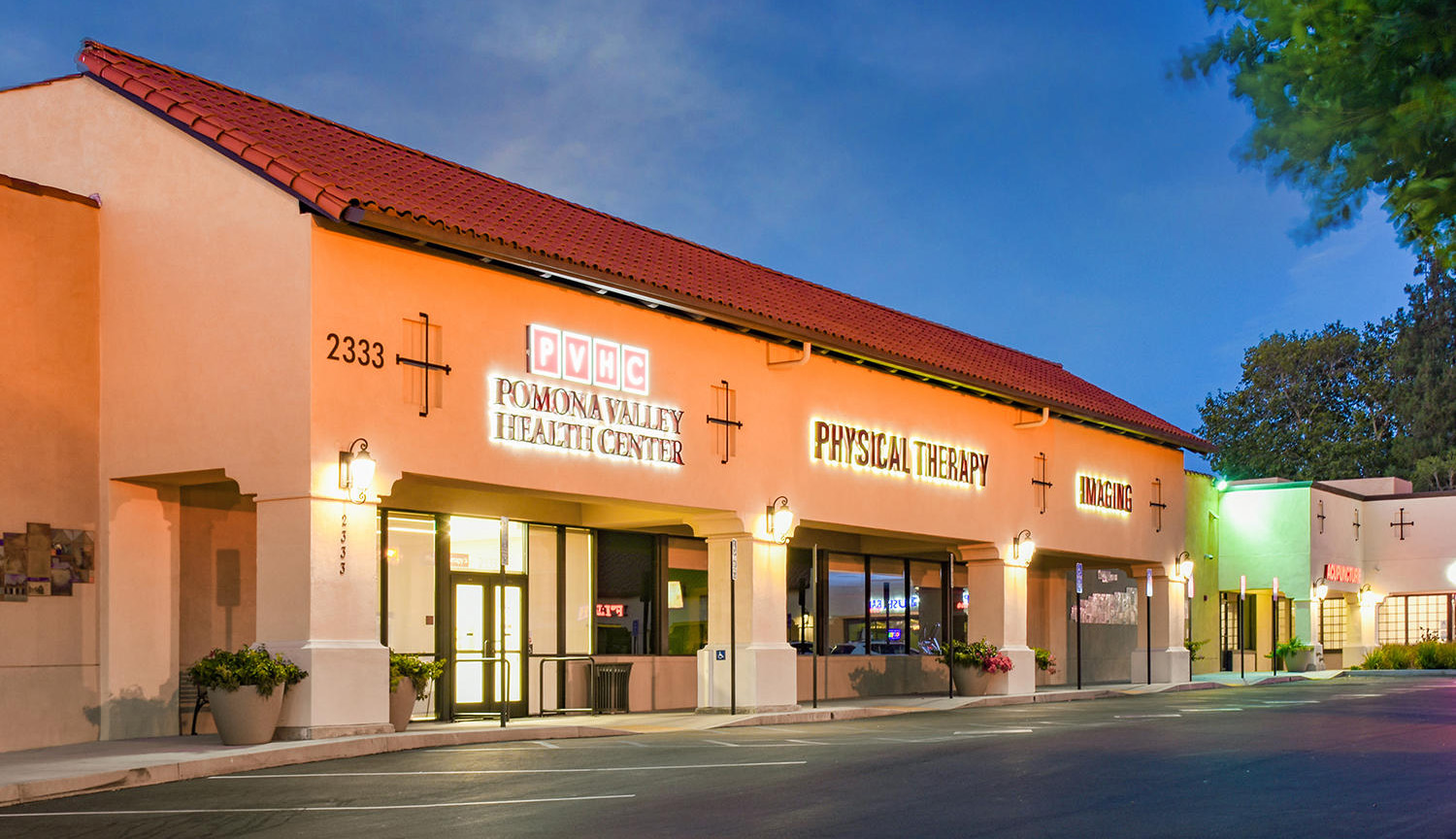There are many great natural herbal dietary supplements available to you over the counter from health food stores, supermarkets and even your local big box store. When used as directed they are generally safe without serious side effects.
However, herbal supplements contain biologically active compounds and some have been shown to have adverse consequences when taken along with certain prescription drugs.
Here are a couple of examples of some common herbal supplements that are thought to be a problem when mixed with specific prescription drugs:
Ginkgo: Ginkgo has been shown to inhibit the action of platelets in your blood, interfering with blood coagulation. So, you should not take ginkgo if you are currently taking the blood thinner Coumadin (warfarin) or antiplatelet drugs such as Plavix (clopidogrel). Additionally, if you are already taking drugs for diabetes, avoid Ginkgo supplements as they may lower blood sugar.
Garlic: When taken as a supplement, garlic may inhibit blood clotting. Don’t use garlic supplements if you are already taking anticoagulants or antiplatelet drugs. Garlic has also been shown to interfere with the antiviral drug Invirase (saquinavir), which is used to treat HIV infection.
You can also read this recent Johns Hopkins Alert that lists more examples of known prescription drug interactions with herbal supplements.
Something else to be aware of: If you are going in for surgery, some herbal remedies appear to increase the risk of bleeding. Others have been shown to interfere with drugs commonly used before, during, and after surgery, including anesthetics.
So be sure to tell your surgeon if you have been talking any supplements. Plus, it is a good idea to stop taking any dietary supplements at least a week before your scheduled surgery. Doing so will give them time to be cleared through your system.
The bottom line: if you are considering adding a new herbal supplement to your regimen, ask your doctor or pharmacist whether there are known safety problems associated with the supplement, especially negative interactions with other medications you might already be taking. Likewise, when your doctor prescribes a new medication for you, be sure to tell him or her what herbal supplements you are currently taking or may have taken recently.
Even the safest of herbal supplements could have possible side effects when taken with certain prescription drugs. So let us know what you are taking so we can make sure you are not putting yourself at risk.
On a related note, drug interactions are always a concern for your doctor, especially if you or family members are seeing specialists in addition to your family physician. So, we recommend that anytime you see a new doctor take along a list of any prescription drugs or supplements you are already taking. Then review and discuss them with your doctor before adding any new prescriptions.
If you are already taking a variety of prescription drugs from different doctors, we encourage you to make an appointment with your family practitioner to review the drugs you are on to make sure they are all compatible (and that you still need to be taking all of them).




